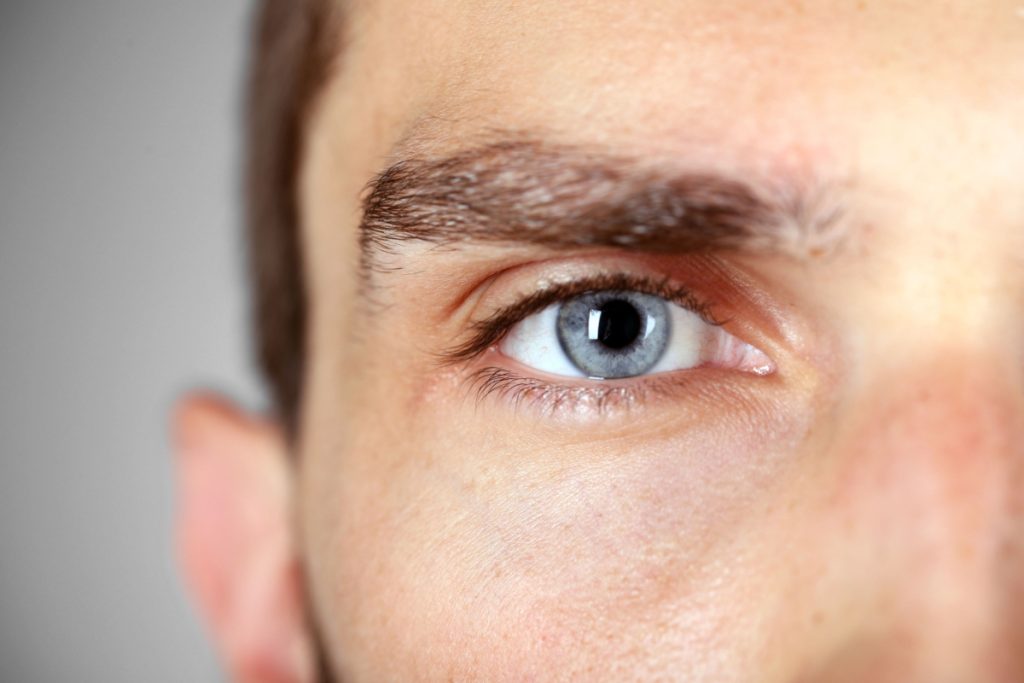
Ocular hypertension occurs when pressure inside the eye reaches a level above that which is considered normal, but no optic nerve damage has occurred. The term distinguishes those with high eye pressure from those with glaucoma, which is a group of eye diseases that damage the optic nerve and lead to vision loss.
Often, ocular hypertension is hard for patients to identify, which is why regular eye exams are necessary to maintain the health of your eyes and detect and treat issues early.
Below the team of doctors at Berks Eye shares four facts you should know about ocular hypertension.
Ocular Hypertension is Not the Same as Glaucoma
Ocular hypertension is not the same condition as glaucoma; however, it can cause glaucoma.
Glaucoma occurs when the pressure in the eye becomes elevated to such as extent that the optic nerve gets damaged. It has no symptoms in the early stages, but damage can still occur, resulting in blindness if the condition is left untreated.
With ocular hypertension, the optic nerve still appears and functions as normal; no discernible damage exists; and vision remains unchanged.
Several Risk Factors are Associated with Ocular Hypertension
Many of the risk factors for ocular hypertension stem from other conditions, while others are inherent. If the following sounds familiar, you may be at increased risk for ocular hypertension:
- High blood pressure
- Low blood pressure
- A thin central cornea
- Optic nerve bleeding
- Diabetes
- Pigment dispersion syndrome
- Age 40 or over
- Glaucoma runs in your family
- Trauma or injury to the eye
The Condition Does Not Typically Have Symptoms
Unlike some other eye conditions, ocular hypertension does not typically come with symptoms, which makes it difficult for patients to recognize the condition and seek help before it develops into something more serious.
Ocular Hypertension Is Caused By Issues with the Eye’s Drainage System
When the eye makes too much fluid which cannot be drained at the same rate it is created, the pressure in the eye can become elevated, leading to ocular hypertension. Additionally, if there is a blockage near the eyes’ drainage system, such as one caused by pigment dispersion syndrome, this can also lead to high eye pressure. Buildup can also be caused by:
- Closed drainage angle
- Eye cancer
- Eye damage
Treat High Eye Pressure in Wyomissing
Ocular hypertension leads to glaucoma, which can permanently damage your eyes and vision. It is best to treat this condition as soon as possible. The first step is scheduling an eye appointment with one of our experts who is dedicated to your eye health. Contact us today by calling our Wyomissing location.
 1802 Paper Mill Road, Wyomissing, PA 19610
1802 Paper Mill Road, Wyomissing, PA 19610

